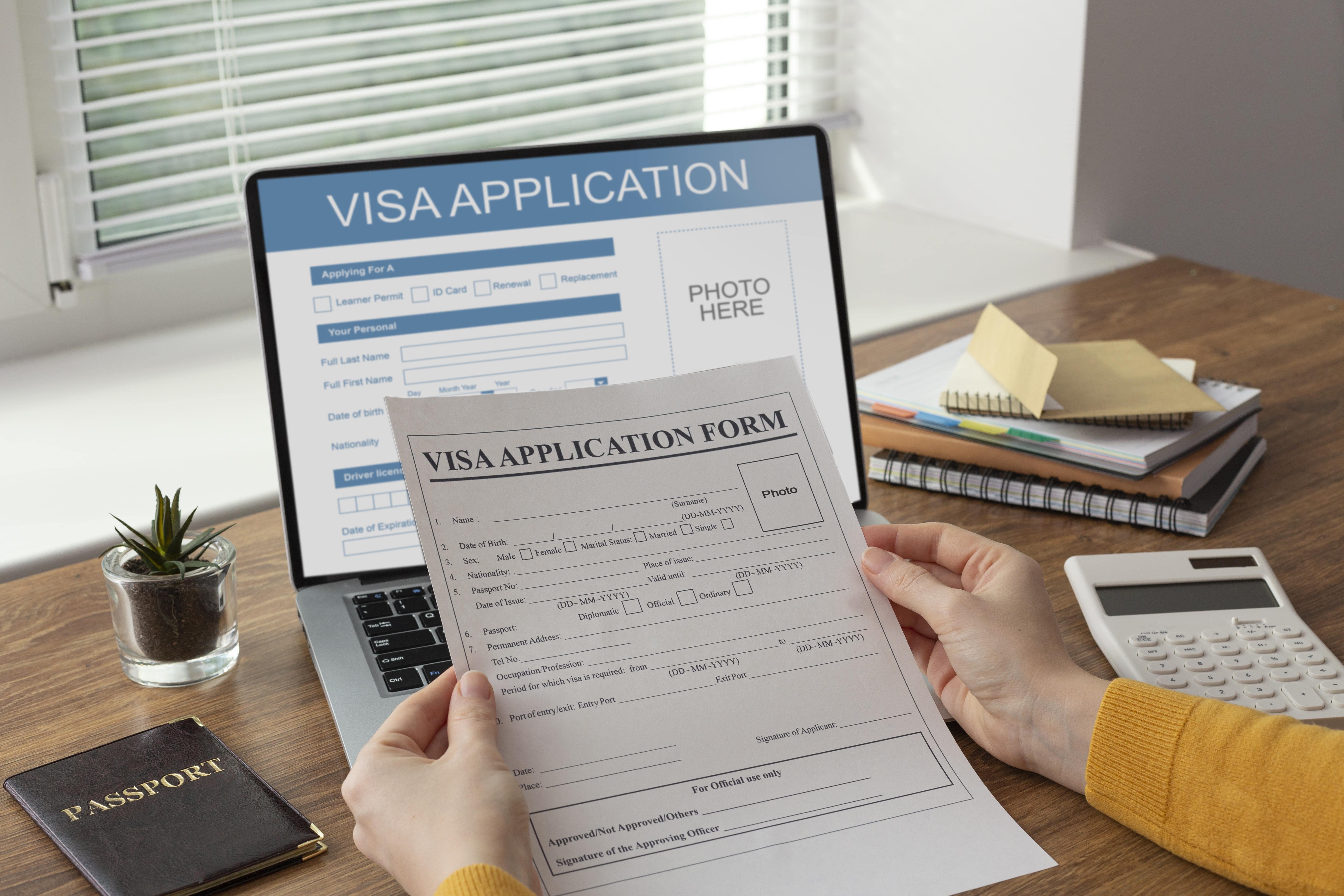All you need to know about German student visa

Germany has a lot to offer to the study abroad community, right from rich cultural experiences to impeccable education. You will be amazed to know that India is the top source of international students in Germany, with 43,000 Indian students currently studying there. So, let's understand everything about the German student visa which you will need for your higher education.
Key Highlights:
- What must you know about a German student visa?
- German student visa requirements
- German student visa procedure
- German student visa processing time
- What you must know about the German Opportunity Card?
What must you know about a German student visa?
For higher education in Germany, you can apply for a German Student Visa after you receive your acceptance letter from your university. Please remember that this visa is issued for 3 months, which will allow you to enter Germany. You have to apply for a Resident Permit after you land in Germany. Also, if you want to apply for a student visa but haven't received your acceptance letter, then you need to apply for a Student Applicant Visa. The German student visa cost will be ~€75. Ensure you check the German embassy requirements for a student visa if you are applying through the embassy. So, what are the new rules for student visas in Germany? From March 2024 onwards, students can work part-time for 20 hours a week.
Also Read: The best public universities in Germany
-
German student visa requirements
To apply for a German student visa, you need to prove to the authorities that you have enough funds to stay and finance your education. Therefore, you are required to open a blocked account, which is a bank account meant for a specific reason. You must hold ~€11,208 in your blocked account for the first year of your stay.
-
Documents required for a German student visa:
-
German visa requirements for students: Academic documents
- To apply for a German student visa, you will need the acceptance letter
- Academic transcripts, including marksheets and certificate
- Statement of Purpose (SOP)
- CV
- English proficiency test results
-
German visa requirements for Indian students: Other documents
- Complete application form
- Valid passport
- Recent photos
- Health insurance
- Proof of funds
Also Read:Everything about the living cost in Germany for international students in 2024
-
German student visa procedure
- You can approach the Consulate or Embassy for an application form for a German student visa after you receive the acceptance letter from your university.
- As per the availability of dates and your convenience, make an appointment to submit your application.
- On your appointment day, fill out the application form and submit it with all the requisite documents. You are also required to share your biometric data and clear your visa interview on the same day.
German student visa processing time
It is recommended to apply 2-3 months before the date of your course commencement, as it may take approximately 12 weeks to process the student visa. If all the documents are in place, the visa may be processed between 25-30 days. After landing in Germany, you have to apply for a Resident Permit. It will take ~8-12 weeks to be processed.
What you must know about the German Opportunity Card?
So, if you are wondering what is a German Opportunity Card, it is meant to simplify entry into Germany. So, if you have completed your education, you can stay back in Germany to explore work opportunities using this Card. Now, you must be thinking, what is the difference between a Job Seeker visa and an Opportunity Card? Job Seeker visas, too, allow students to stay in Germany for a certain period after graduation to find employment. However, from 1 June 2024 onwards, the Opportunity Card has replaced the Job Seeker visa.
Also Read: 5 essential documents to pursue higher education in Germany
Opportunity Card is for individuals, including students who want to work in Germany. This Card will be valid for one year. Students can explore part-time or full-time employment using this Card. To be eligible for an Opportunity Card, you must either hold a degree or complete two years of vocational training.
-
German opportunity card application process
You can visit the embassy or apply online by visiting the Consular Services Portal. Be ready with documents such as a valid passport, academic transcripts, English language certificates, proof of funds and health insurance. After gathering all the documents, visit the embassy or consulate to share the documents along with the application form. You will receive the notification once it is approved.
So, with this information, you can plan your academic journey in Germany. If you are worried about expenses, you can opt for an education loan for studying abroad. An education loan without collateral and with collateral are two types of student loans available. You can choose between the two based on your financial requirements. If you have any further queries, please don’t hesitate to contact us.



Wanting to study abroad
but stuck on finances?
Avanse will help overcome obstacles.
We always aim to offer you competitive interest rates on your Avanse Education loan.
The rate of interest on your loan is calculated as: Interest Rate = Avanse Base Rate +
Spread.
Our current Base Rate is 14.55% (WEF 01.12.2024).
The Spread is floating and is based on analysis of overall credit and course profiling.
- Rate of interest on student loan will be floating in nature.
- Interest is calculated using Simple Interest Rate with Monthly rest.
This rate is subject to the terms and conditions of Avanse Financial Services Ltd.


.png)




